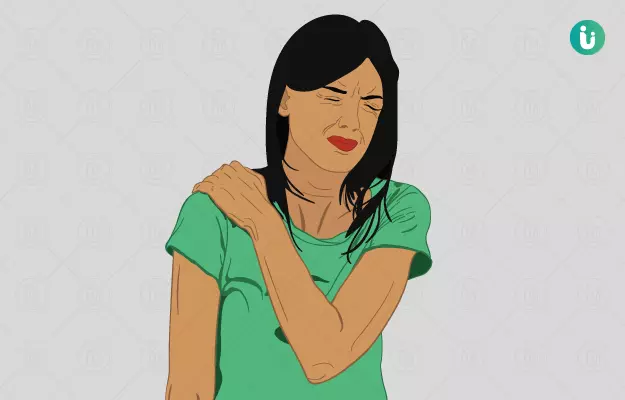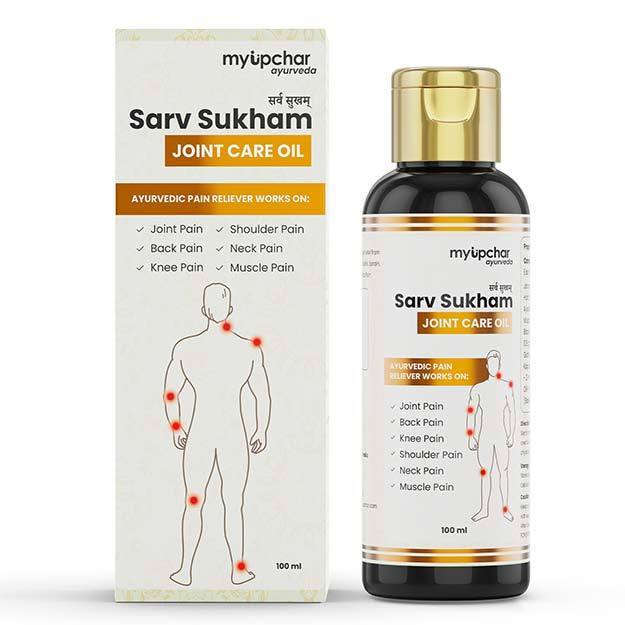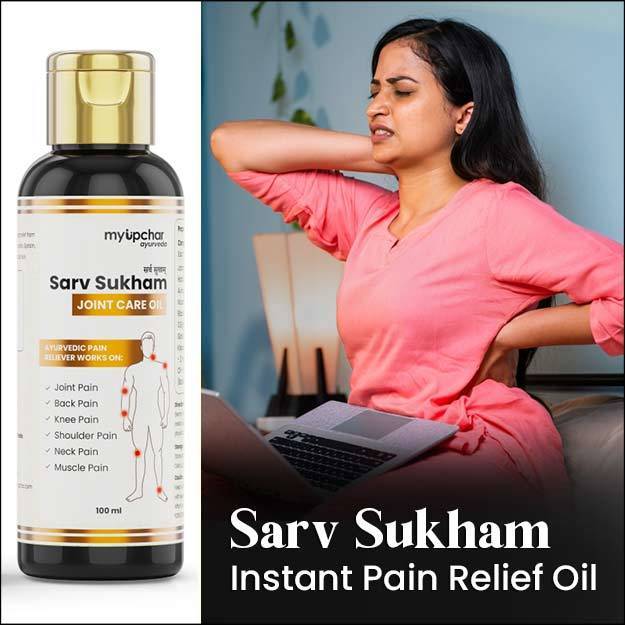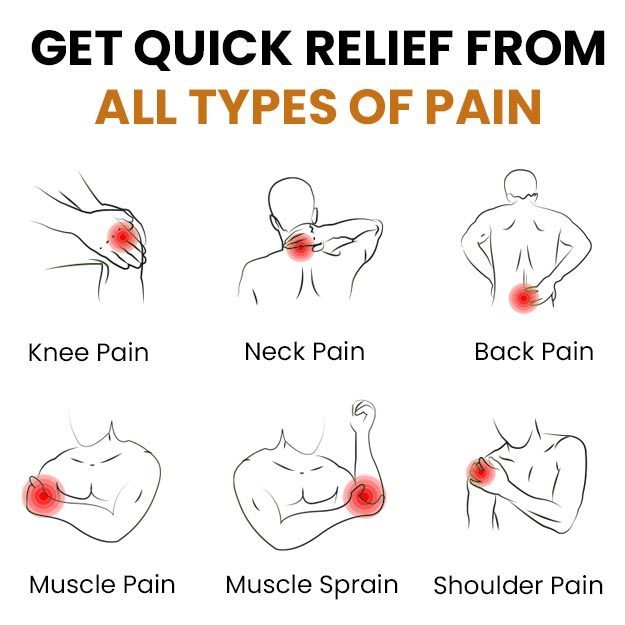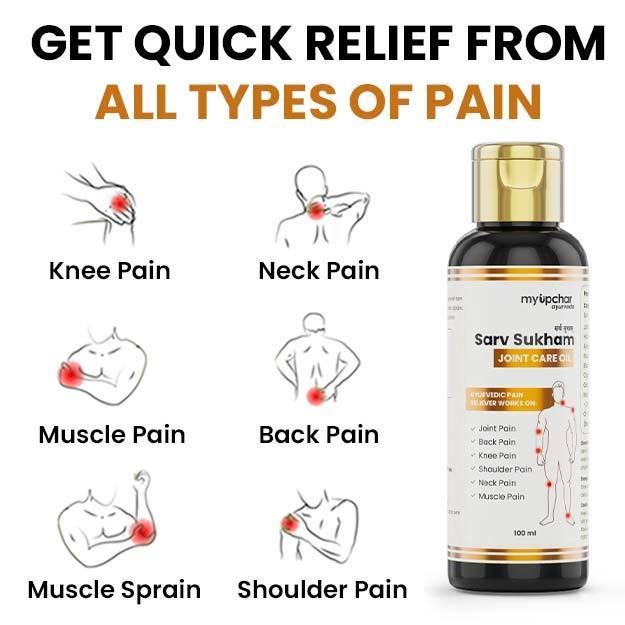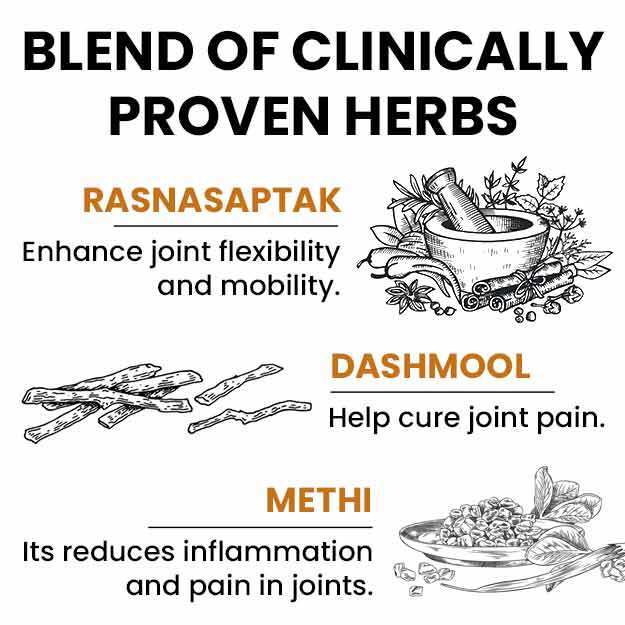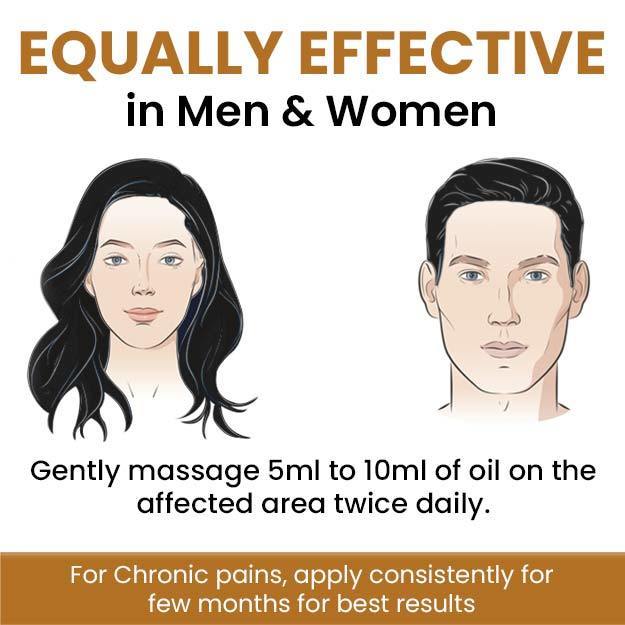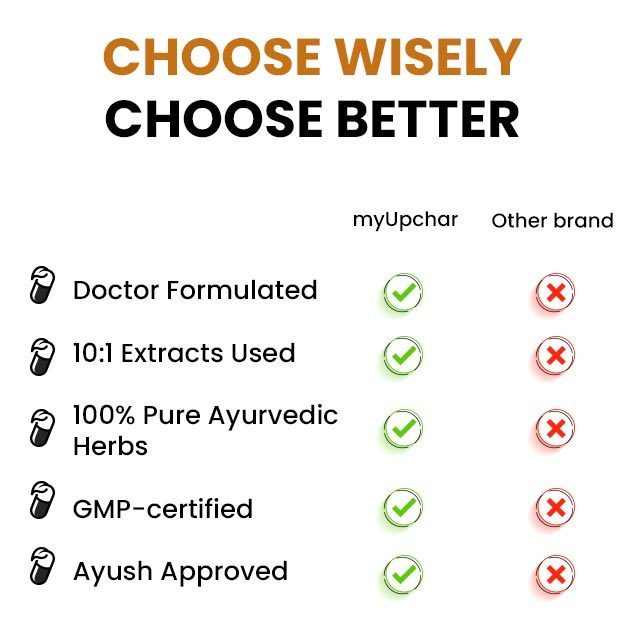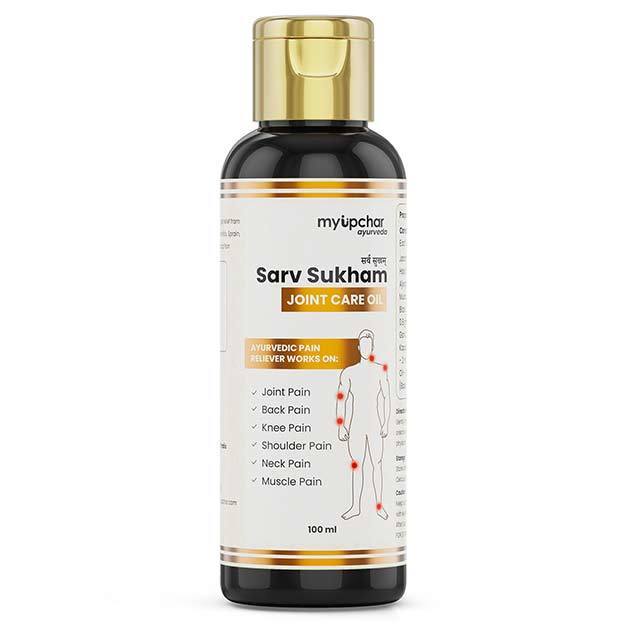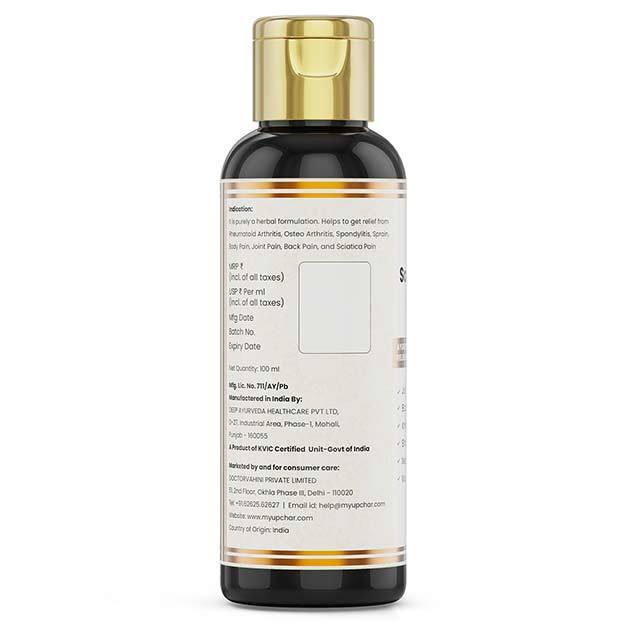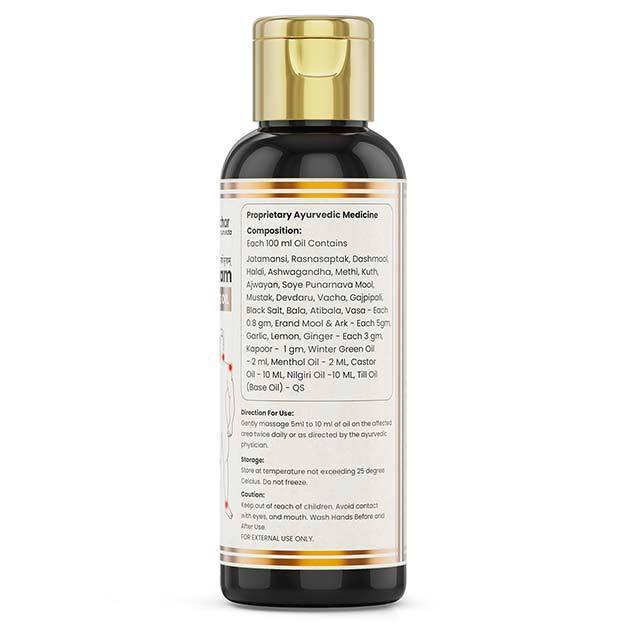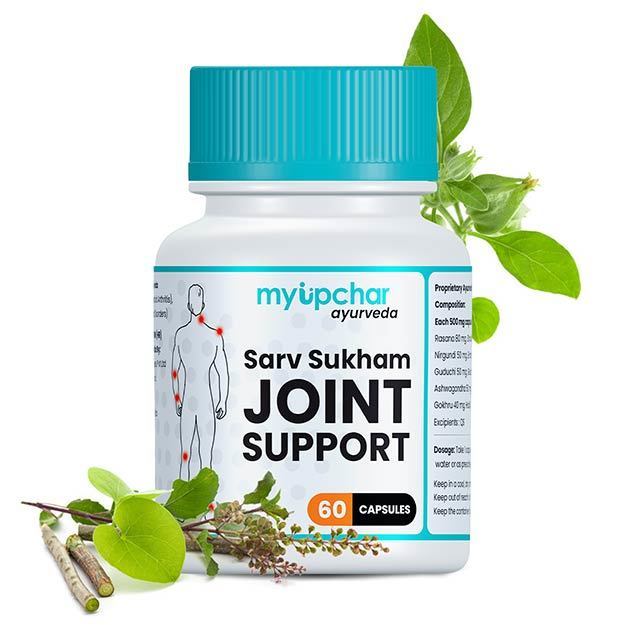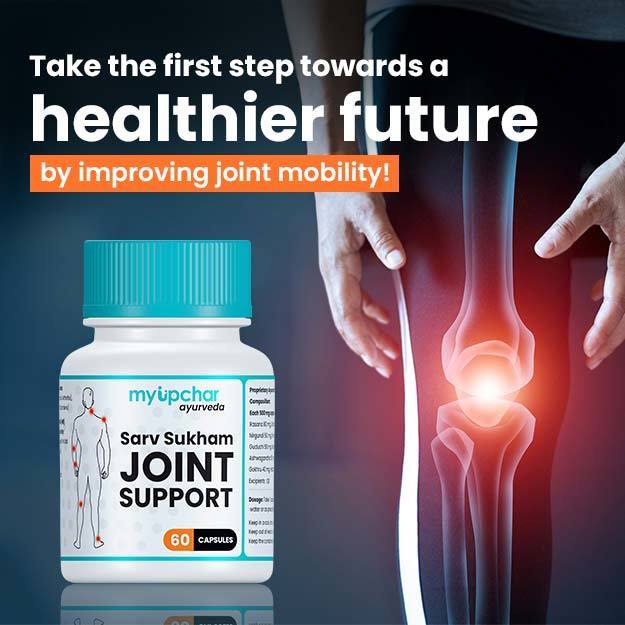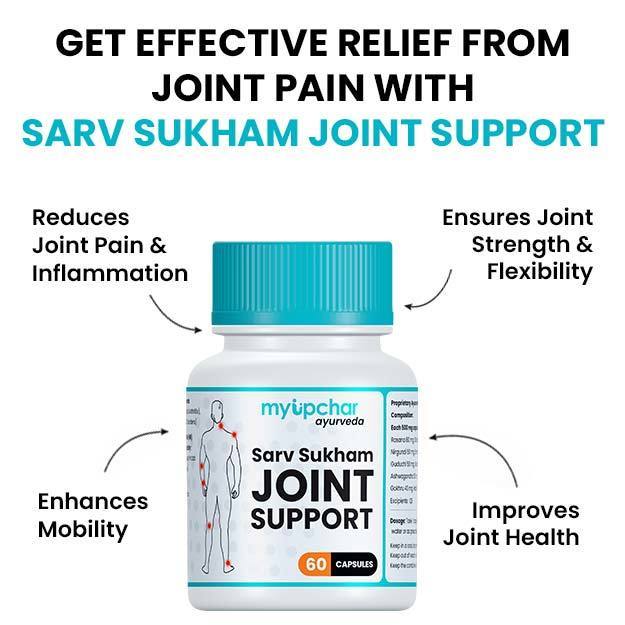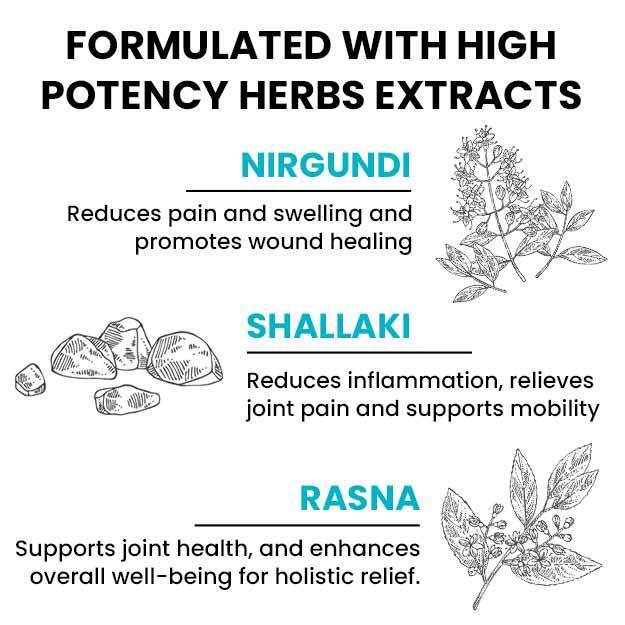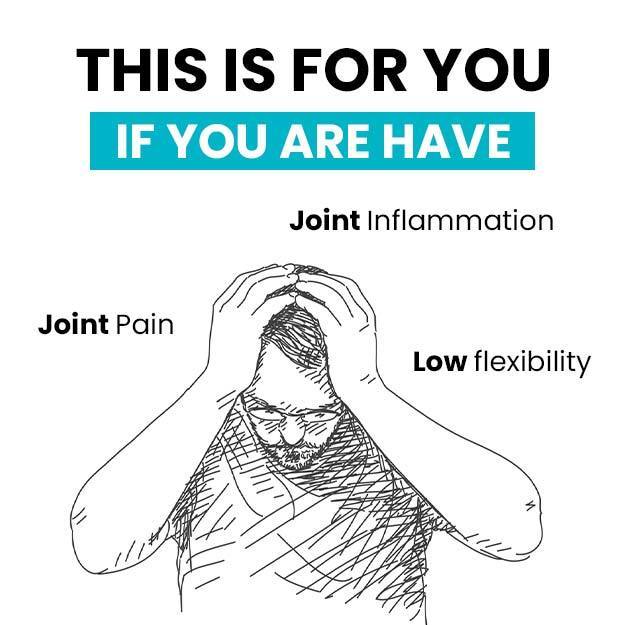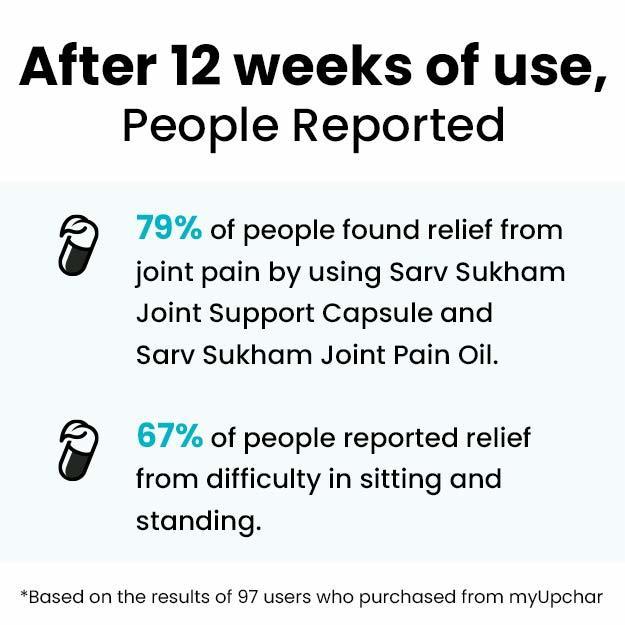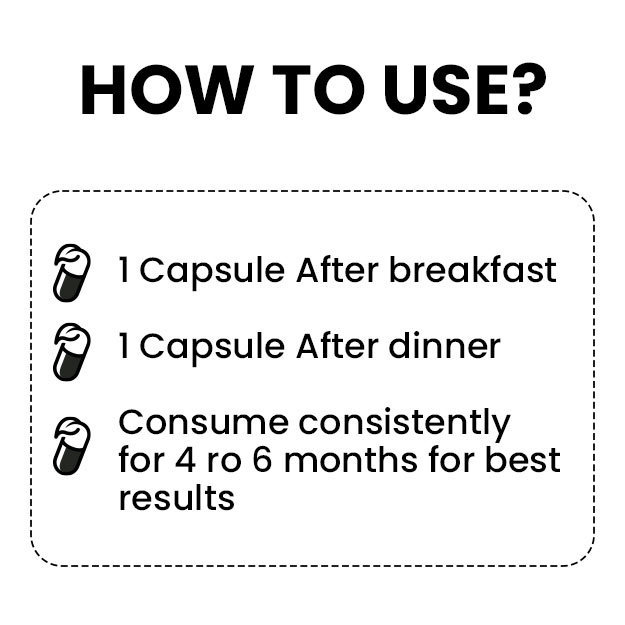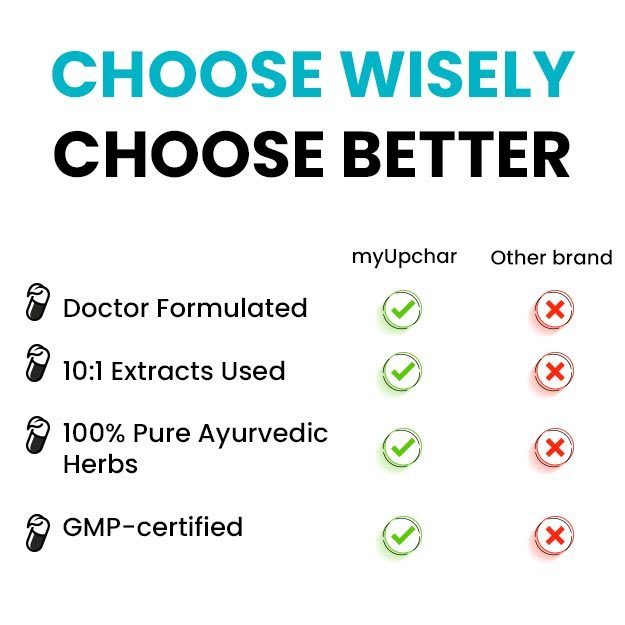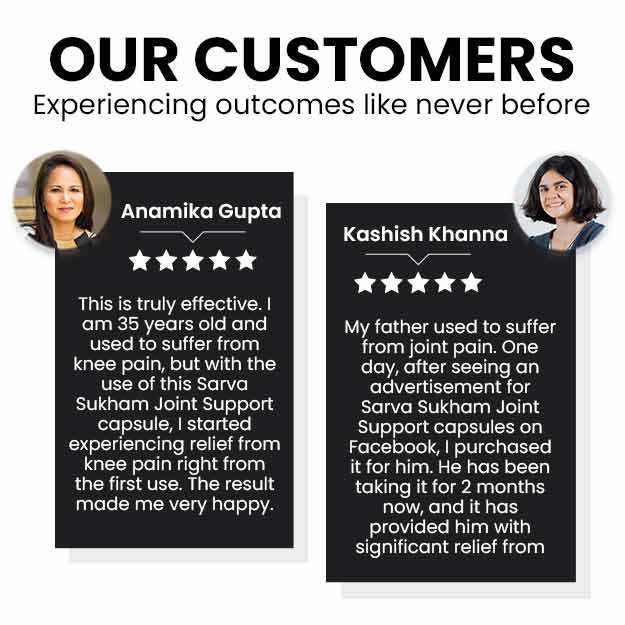The treatment of shoulder stiffness mainly focuses on relieving shoulder pain. It can be treated in many ways. Which is expressed as follows.
Medicines
This problem can be relieved by taking medicines that reduce pain and swelling during shoulder stiffness. The doctor may advise you to take some medicines for this.
Therapy
You can also get relief from this problem through physical therapy. Therapists tell you many types of exercises, with the help of which you can make the movement of the shoulder normal again. By taking regular therapy, you start getting relief soon.
Surgical And Other Procedures
Most cases of shoulder stiffness get better on their own within 12 to 18 months. In case the symptoms of this problem do not get cured, your doctor suggests the following.
Steroid Injection
In this procedure, an injection of corticosteroid (corticosteroids/ hormone that reduces pain and inflammation) is given in the shoulder to relieve your shoulder pain.
Anesthesia
In this procedure, you are made unconscious with the help of anesthesia. After which the doctor fixes your shoulder joint by moving it. When it comes to the right position, the pressure on your shoulder tissues is reduced.
Surgery (Arthroscopy)
Surgery is done in very few cases of shoulder stiffness. When you have no other option left except surgery, then the doctor advises you for surgery. In this, a pencil-sized instrument is inserted inside the shoulder and the stiff part is cut and separated. After surgery, most of the people suffering from this get cured. After surgery, it can take 6 weeks to 3 months to heal.
Acupuncture
You can also get relief from shoulder stiffness through acupuncture procedures. In this procedure, your pain is relieved through very thin needles. In this, needles are applied to the painful area for 15 to 40 minutes.
Transcutaneous electrical nerve stimulation (TENS)
Shoulder stiffness is reduced through transcutaneous electrical nerve stimulation (TENS). In this, pain is reduced by stimulating the nerves found in the spinal cord. Small electrical pads of the TENS machine are applied on the affected shoulder. After which these pads cure the pain with electrical waves.
(Read more - Harnessing the Power of 10 Oils for Joint Pain)

